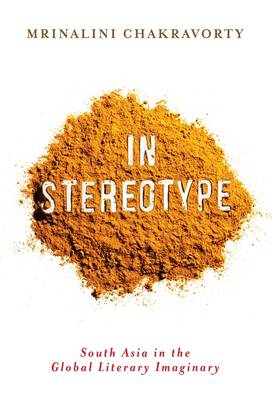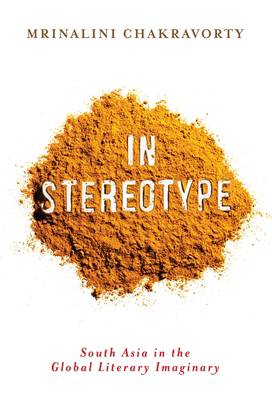
- Retrait gratuit dans votre magasin Club
- 7.000.000 titres dans notre catalogue
- Payer en toute sécurité
- Toujours un magasin près de chez vous
- Retrait gratuit dans votre magasin Club
- 7.000.0000 titres dans notre catalogue
- Payer en toute sécurité
- Toujours un magasin près de chez vous
Description
In Stereotype confronts the importance of cultural stereotypes in shaping the ethics and reach of global literature. Mrinalini Chakravorty focuses on the seductive force and explanatory power of stereotypes in multiple South Asian contexts, whether depicting hunger, crowdedness, filth, slums, death, migrant flight, terror, or outsourcing. She argues that such commonplaces are crucial to defining cultural identity in contemporary literature and shows how the stereotype's ambivalent nature exposes the crises of liberal development in South Asia.
In Stereotype considers the influential work of Salman Rushdie, Aravind Adiga, Michael Ondaatje, Monica Ali, Mohsin Hamid, and Chetan Bhagat, among others, to illustrate how stereotypes about South Asia provide insight into the material and psychic investments of contemporary imaginative texts: the colonial novel, the transnational film, and the international best-seller. Probing circumstances that range from the independence of the Indian subcontinent to poverty tourism, civil war, migration, domestic labor, and terrorist radicalism, Chakravorty builds an interpretive lens for reading literary representations of cultural and global difference. In the process, she also reevaluates the fascination with transnational novels and films that manufacture global differences by staging intersubjective encounters between cultures through stereotypes.Spécifications
Parties prenantes
- Auteur(s) :
- Editeur:
Contenu
- Nombre de pages :
- 336
- Langue:
- Anglais
- Collection :
Caractéristiques
- EAN:
- 9780231165976
- Date de parution :
- 07-02-17
- Format:
- Livre broché
- Format numérique:
- Trade paperback (VS)
- Dimensions :
- 152 mm x 226 mm
- Poids :
- 453 g

Les avis
Nous publions uniquement les avis qui respectent les conditions requises. Consultez nos conditions pour les avis.






